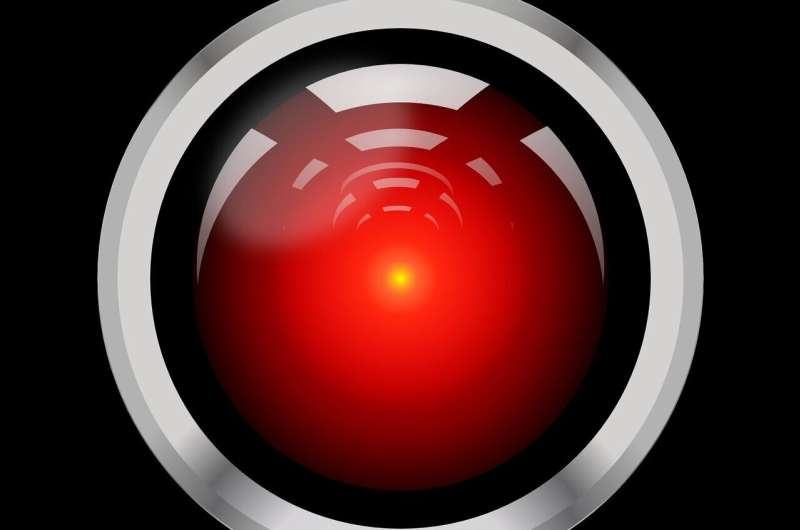This article has been reviewed according to Science X's editorial process and policies. Editors have highlighted the following attributes while ensuring the content's credibility:
fact-checked
peer-reviewed publication
trusted source
proofread
Research unveils the complex nature of human–AI interactions

New research in Management Science is providing insights for business leaders on how work experience affects employees interacting with AI.
The study, "Friend or Foe? Teaming Between Artificial Intelligence and Workers with Variation in Experience," looks at the influence of two major types of human work experience (narrow experience based on the specific task volume and broad experience based on seniority) on the human-AI team dynamics.
"We developed an AI solution for medical chart coding in a publicly traded company and conducted a field study among the knowledge workers," says Weiguang Wang of the University of Rochester and leading author of the study. "We were surprised by what we found in the study. The different dimensions of work experience have distinct interactions with AI and play unique roles in human-AI teaming."
"While one might think that less experienced workers should benefit more from the help of AI, we find the opposite—AI benefits workers with greater task-based experience. At the same time, senior workers, despite their greater experience, gain less from AI than their junior colleagues," says Guodong (Gordon) Gao of Johns Hopkins Carey Business School, and study co-author.
Further investigation reveals that the relatively lower productivity lift from AI is not a result of seniority per se but rather their higher sensitivity to the imperfection of AI, which lowers their trust in AI.
"This finding presents a dilemma: Employees with greater experience are in a better position to leverage AI for productivity, but the senior employees who assume greater responsibilities and care about the organization tend to shy away from AI because they see the risks of relying on AI's assistance. As a result, they are not effectively leveraging AI," says Ritu Agarwal of Johns Hopkins Carey Business School, a co-author of the study.
The researchers urge employers to carefully consider different worker experience types and levels when introducing AI into the work. New workers with less task experience are disadvantaged in leveraging AI. Meanwhile, senior workers with more organizational experience may be concerned about the potential risks imposed by AI. Addressing these unique challenges are key to productive human-AI teaming.
More information: Weiguang Wang et al, Friend or Foe? Teaming Between Artificial Intelligence and Workers with Variation in Experience, Management Science (2023). DOI: 10.1287/mnsc.2021.00588



















